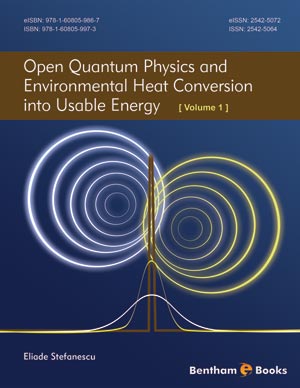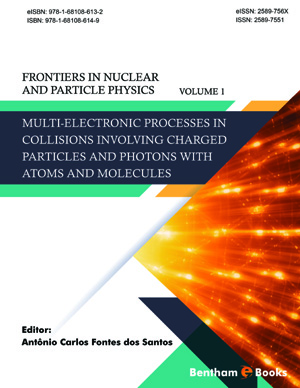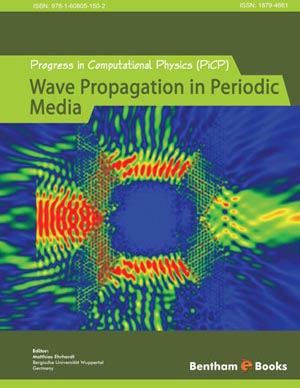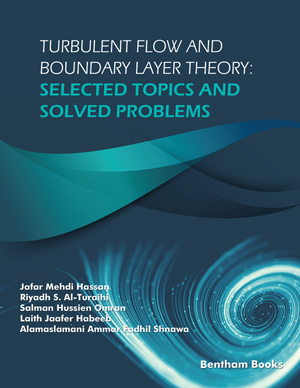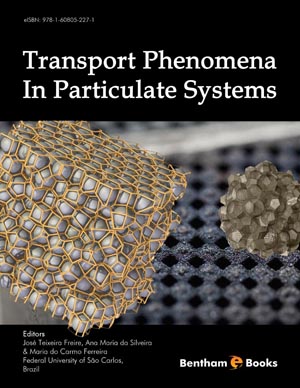Related eBooks
Practical Handbook of Thermal Fluid Science
eISBN: 978-1-68108-919-5
ISBN: 978-1-68108-920-1
Practical Handbook of Thermal Fluid Science is an essential guide for engineering students to practical experiments and methods in fluid mechanics. It presents the topic of practical fluid physics in ....
Digital Signal Processing in Experimental Research
eISBN: 978-981-14-7181-0
ISBN: 978-981-14-7179-7
How to Optimally Sample and Resample Images: Theory and Methods Using MATLAB provides updated formulations of image sampling theory and practical algorithms of image sampling with sampling rates close to ....
Frontiers in Nuclear and Particle Physics
eISBN: 978-1-68108-613-2
ISBN: 978-1-68108-614-9
This volume describes the advanced research on the behavior of electrons in ionized atoms and molecules. Readers will learn about relevant techniques used and experimental results for different electron and ....
Frontiers in Nuclear and Particle Physics
eISBN: 978-1-68108-764-1
ISBN: 978-1-68108-765-8
This book is a compilation of the latest theoretical methods for treating models in nuclear reactions. Initial chapters in this volume explain different aspects of time-dependent nuclear density functional theory, ....
Advances in Classical Field Theory
eISBN: 978-1-60805-195-3
ISBN: 978-1-60805-645-3
Classical field theory is employed by physicists to describe a wide variety of physical phenomena. These include electromagnetism, fluid dynamics, gravitation and quantum mechanics. The central entity of field theory ....
Progress in Computational Physics (PiCP)
eISBN: 978-1-60805-150-2
ISBN: 978-1-60805-383-4
Progress in Computational Physics is a new e-book series devoted to recent research trends in computational physics. It contains chapters contributed by outstanding experts of modeling of physical problems. The ....
Progress in Computational Physics (PiCP)
eISBN: 978-1-60805-254-7
ISBN: 978-1-60805-691-0
Progress in Computational Physics is a new e-book series devoted to recent research trends in computational physics. It contains chapters contributed by outstanding experts of modeling of physical problems. The ....
Turbulent Flow and Boundary Layer Theory: Selected Topics and Solved Problems
eISBN: 978-1-68108-811-2
ISBN: 978-1-68108-812-9
Turbulent Flow and Boundary Layer Theory: Selected Topics and Solved Problems explains fundamental concepts of turbulent flow with boundary layer analysis. A general introduction to turbulent flow familiarizes the reader ....
Transport Phenomena In Particulate Systems
eISBN: 978-1-60805-227-1
ISBN: 978-1-60805-104-5
This e-book presents recent advances in research in the field of particulate systems. A comprehensive background on operations involving particulate materials with a didactic approach is illustrated. Fundamentals and applications ....
Topological Geometrodynamics
eISBN: 978-1-68108-179-3
ISBN: 978-1-68108-180-9
Topological geometrodynamics (TGD) is a modification of the theory of general relativity inspired by the problems related to the definition of inertial and gravitational energies in the earlier hypotheses. TGD ....


